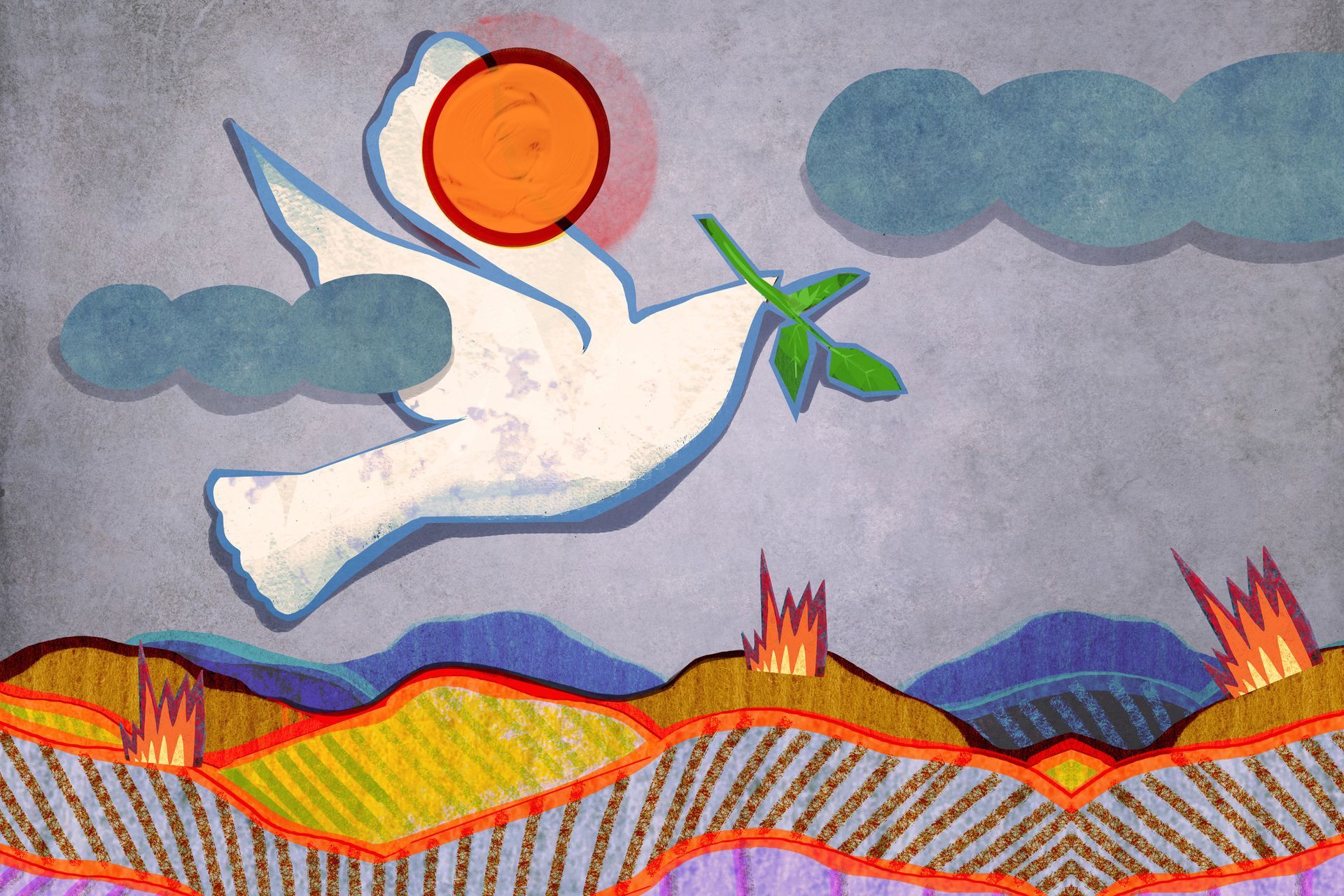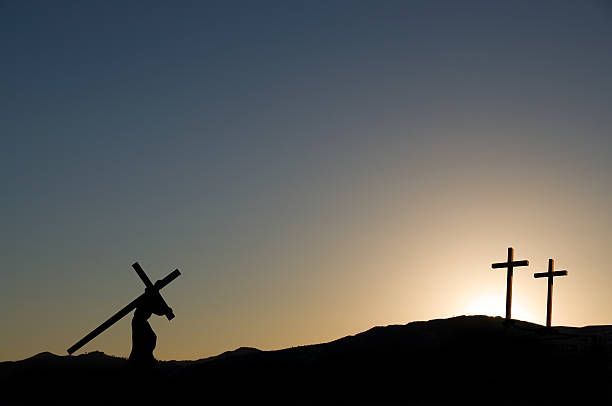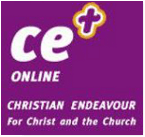The Bang on the Door
What’s your reaction to the knock on the door at Hallowe’en?
Some people dread the knock on the door at Hallowe’en as it usually means youngsters dressed up in fancy costume demanding ‘Trick or Treat?’
Last year, October 31 st celebrated a bang on a door which has echoed round the world ever since. On that day, 500 years ago, the knocking was Martin Luther nailing up a list of statements on the door of All Saints Church in Wittenberg in Germany. The list came to be known as The 95 Theses and was simply intended to provoke academic discussion of church practices. Instead it became the foundation of the Protestant
Reformation.
As a monk, Luther was concerned about the practice in his church, the Catholic Church, of the sale of indulgences. The purchase of an indulgence was said to be a means of reducing God’s punishment for sin. Luther’s study of St Paul’s letter to the church in Rome convinced him that this was wrong, absolution from sin could not be bought with
money.
In his 95 Theses, Luther put forward two main ideas which were to become the central pillars of the Reformation. The first was that the Bible, not church tradition, is the prime religious authority. The second was that salvation comes through faith and divine grace and not by deeds. As St Paul puts it, ‘by grace you are saved through faith, and that not of yourselves: it is the gift of God’ (Eph 2.8). Good deeds are important but they should result from salvation and are not the means of obtaining salvation.
Salvation is entirely the gift of God because He sent His Son, Jesus Christ, to show us the full extent of His love for us, allowing Him to be crucified on the cross to take on Himself the punishment for our sins. ‘He is the atoning sacrifice for our sins, and not only for ours but also for the sins of the whole world’ (1 John 2.2).
If we believe that God sent His Son to be our Saviour and follow Him as Lord, we have Christ’s promise of forgiveness of sins and a place in the eternal kingdom (John 3.16).
Martin Luther’s bang on the door on All Saints’ Eve (Hallowe’en) in 1517 opened the way for a new understanding of salvation, new forms of worship, new church organisation and new translations of the Bible into the common languages of Europe. His translation of the New Testament into German encouraged Tyndale to translate the Bible into English.
This Hallowe’en, we should celebrate that bang on the door 500 years ago which opened the way for the spread of a new understanding of salvation. We should give thanks that the gospel, the good news of Jesus, says that we are saved by the grace of God through faith in the Lord Jesus Christ, the Son of God, crucified and risen for our redemption.











